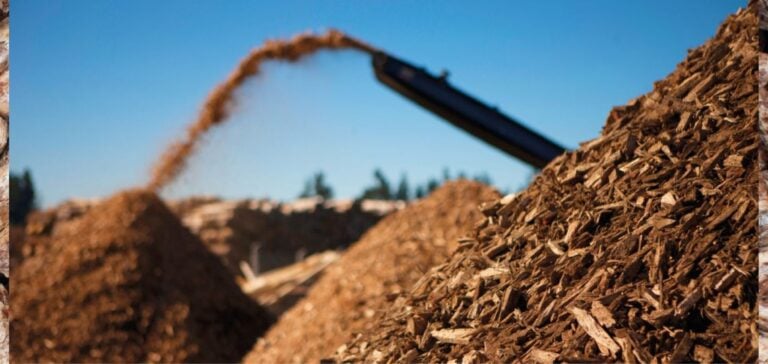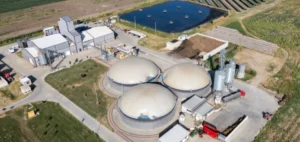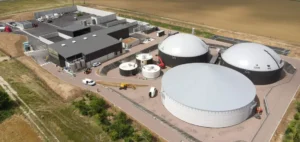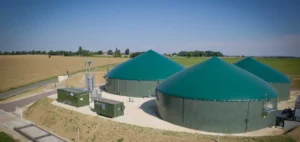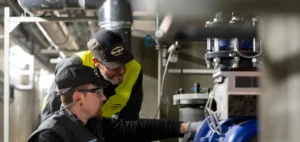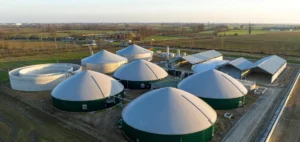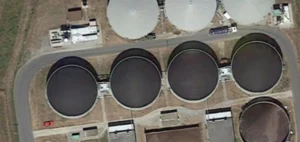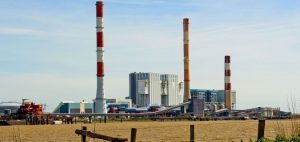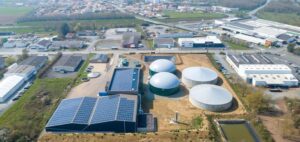Greenvolt Group has announced the acquisition of Kent Renewable Energy Limited (KREL) for £195.3 million. KREL owns a biomass-fired heat and power plant in Sandwich, in the south-east of England. This acquisition consolidates Greenvolt’s position in the UKbiomass energy market. Biomass remains a controversial topic in the UK, generating much debate.
Increased Production Capacity
In 2023, the KREL plant produced around 210.8 GWh of energy, enough to supply 50,000 homes. The plant also supplies energy to nearby industrial parks, with the surplus distributed to the grid under a long-term contract with Engie. This acquisition brings Greenvolt’s total biomass production capacity to 179.2 MW, including 68.7 MW in England.
Financial and market outlook
Greenvolt’s acquisition of KREL reinforces its diversification strategy in the renewable energy sector. The plant benefits from UK financial incentives, including the Renewable Obligations Scheme (ROC) until 2037 and the Renewable Heat Incentive (RHI) until 2039, ensuring stable long-term revenues. These incentives provide financial stability and encourage investment in sustainable energy infrastructure.
Continuous Development and Market Impact
With this acquisition, Greenvolt has become one of the top five producers of biomass electricity in England. The group also owns Tilbury Green Power near London, with an installed capacity of 41.6 MW using construction wood residues as fuel. In 2023, Greenvolt generated 998.3 GWh of green energy from biomass. Greenvolt Group’s acquisition of KREL strengthens its presence in the UK biomass energy market, consolidating its production capacity and ensuring stable revenues thanks to UK financial incentives. This expansion enables Greenvolt to meet the growing demand for renewable energy while improving its competitiveness and seizing new growth opportunities.

